CONTROL COMPLEXITY™
The Axonius Platform is the system of record for all digital infrastructure to let IT and security teams understand all assets, their relationships, and business-level context.
"Axonius has helped us automate a lot of the asset discovery in collection and inventorying, simply by being able to automatically go out and have a touch point with all of the different critical infrastructure pieces that we have within our environment, collecting data from disparate sources, and correlating it into one clean inventory."
THE AXONIUS PLATFORM
By connecting to hundreds of data sources and aggregating, normalizing, deduplicating, and correlating asset data, vulnerabilities, security controls, and their interrelationships, customers can ask questions, get answers, and automate action.
CYBERSECURITY ASSET MANAGEMENT
Axonius Cybersecurity Asset Management gives customers a complete cyber asset inventory, uncovers security issues, and automates remediation action.
SAAS
MANAGEMENT
Axonius SaaS Management helps customers control the complexity, cost, and risk associated with software as a service (SaaS) applications.
WHY CUSTOMERS
TRUST AXONIUS
With a comprehensive understanding of all assets including devices, identities, software, SaaS applications, vulnerabilities, security controls, and the context between them, customers are able to mitigate threats, navigate risk, decrease incident response time, automate action, and inform business-level strategy — all while eliminating manual, repetitive tasks.
IT
Fragmented data sources, multiple device types and operating systems, and decentralized ownership mean visibility challenges for IT and infrastructure teams. Use Axonius to unify data from multiple sources on-premise and in the cloud. From alerts to CMDB reconciliation, data enrichment, and ticket automation, Axonius reduces manual work with custom response actions.
SECURITY
Security teams struggle to manage an always-expanding sprawl of devices, users, software, SaaS applicaitons, cloud services, and the tools used to secure them. The result: the manual work of finding and securing assets is tedious, error-prone, and a waste of scarce, valuable resources. Security teams use Axonius to get an always up-to-date asset inventory, proactively manage risk, and automate action.
Achieving CIS Controls 1 & 2 with Axonius
Stay up to date on the latest IT and cybersecurity trends, Axonius product updates, and tips and tricks.
The First Step to Zero Trust: Building a Strong Cybersecurity Foundation
View our latest research, customer stories, technical documents, and other useful links.
Prioritizing Proactive Security: Making Sense of a Misunderstood Objective
Learn proven strategies for improving your IT and security functions within your organization.







